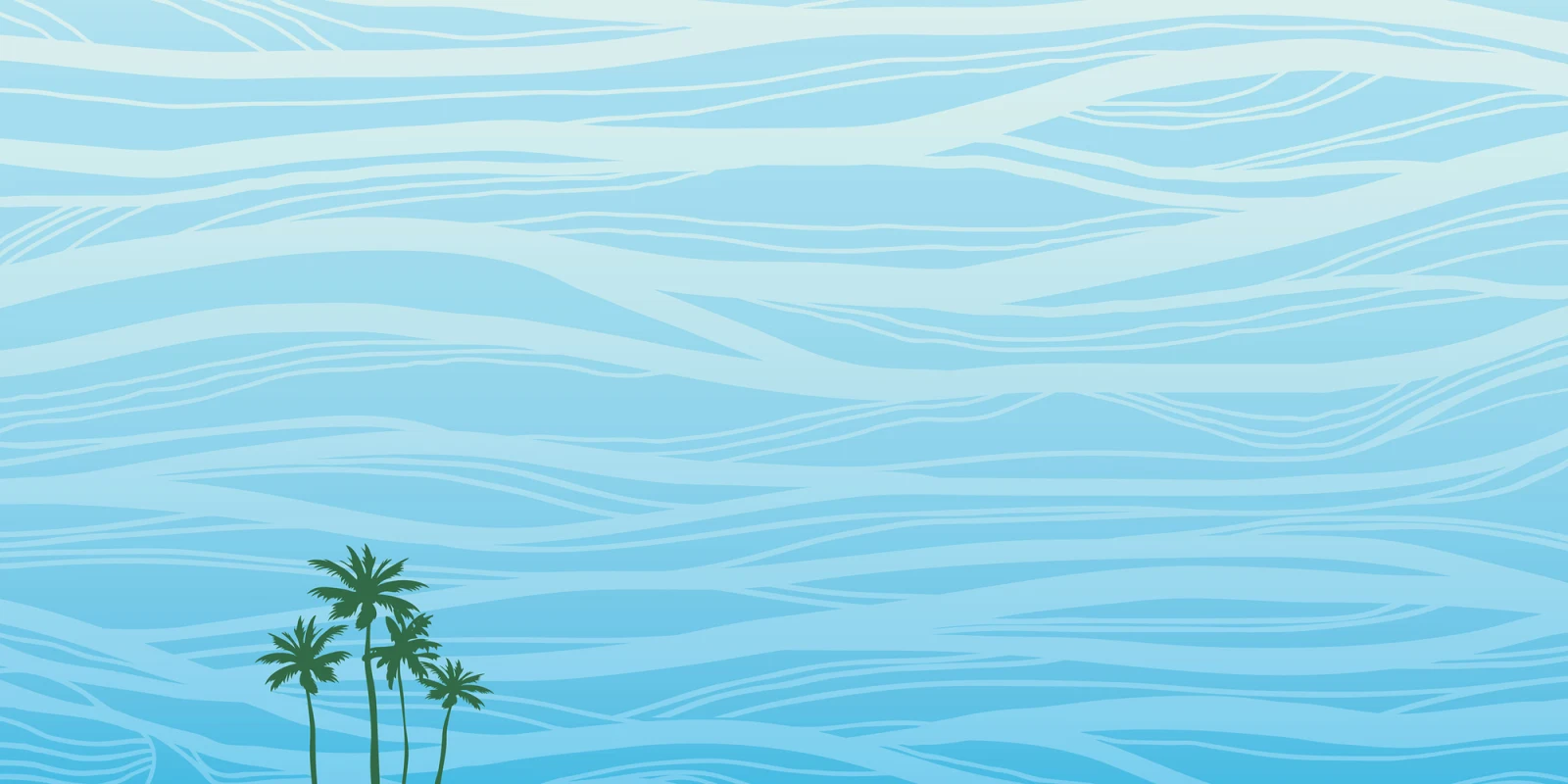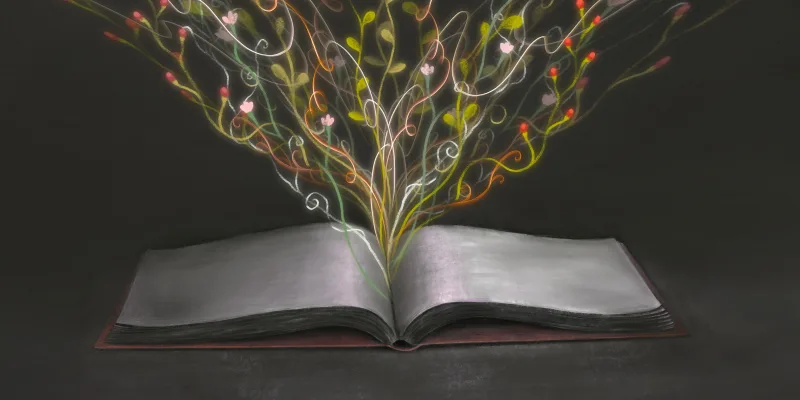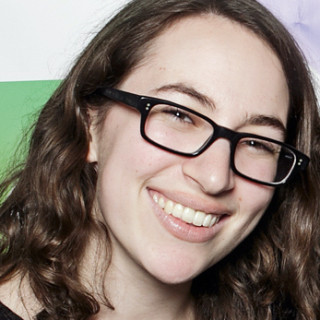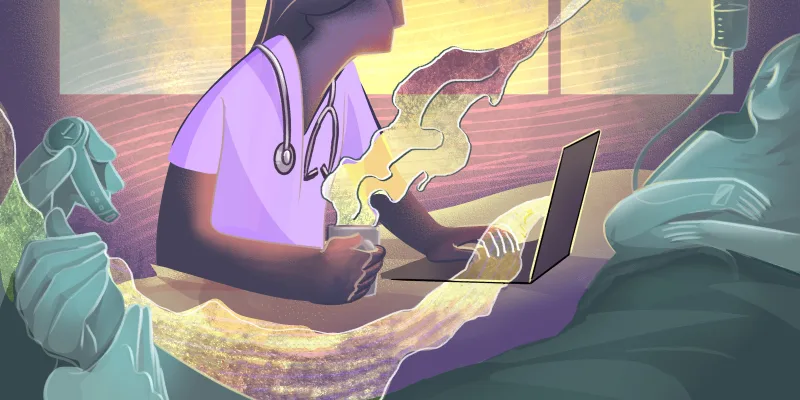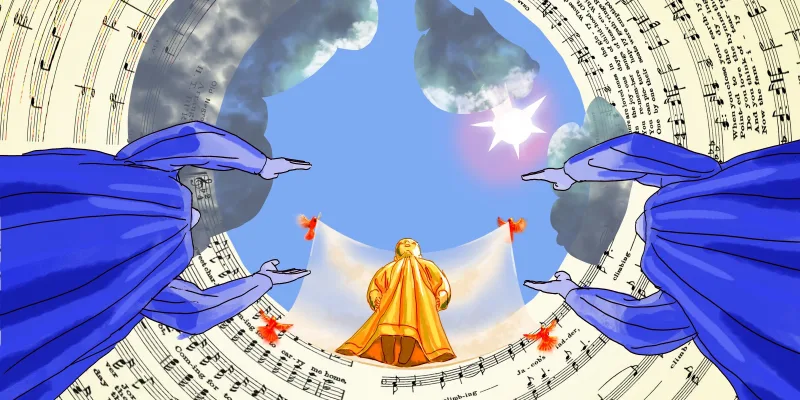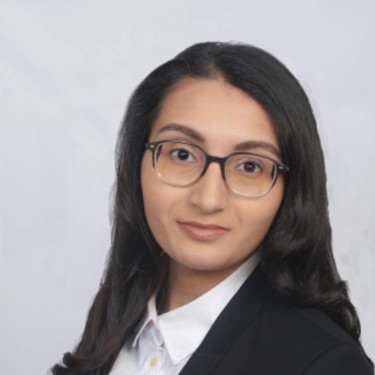
The pagers attached to my scrub pants vibrated and rang in a raucous cacophony, the rhythm and tune concurrently timed with a lightning shot of anxiety hitting my empty stomach. Rotating at one of the largest and busiest burn centers in the country, I was the sole surgical intern on my 24-hour weekend call.
Scurrying to check off boxes on my to-do list, I walked into Ali*'s room with the intention of discharging her. A 20-something single mother of a cheerful 2-year-old daughter, she had sustained painful partial thickness burns to her upper and lower extremities. According to the history taken on admission, Ali had been in a trailer with two much older men about to shoot up on heroin with the intention of then moving to methamphetamine. However, there was a gas leak in the trailer and when the butane lighter was lit to prepare the heroin, the entire trailer became an inferno. She and the other two men were lucky to have EMS called to emergently transfer them to our hospital.
After days of treatment, her smooth brown skin still had multiple non-uniform patches of moist pink scars from where the flames kissed her body. The other locations which had not been caressed so warmly were pocketed with fluid-filled blisters. Covered with white bandages and anti-bacterial creams, her burn sites were mummified with intervening pockets of serous seepage. Surprisingly, based upon what I had already seen on the burn surgery service, her injuries were not too bad.
I entered the room reciting the discharge plan and asked her if she had anyone who could pick her up. She laughed and listed off a litany of support from her "baby daddy," her mother, her grandfather, and a multitude of other family members and friends who could pick her up. "Just one call," she said, giggling as she reached for the phone.
She began by calling her mother, then her grandfather, then her "baby daddy," her siblings, and every one of her friends in her supposed army of supporters. In every conversation, she called in favors, demanded reciprocations, apologized, accused, defended, swore, attacked and returned to this defeated, weak, superficial smile. For every single conversation, this cycle continued as everyone declined to come to the hospital. The other two men in the trailer fire had already left against medical advice, scurrying out of the hospital with their gowns and stained bandages flurrying behind them. For Ali, the flame, pain, and scars from her accident became apparent as she realized that the bridges to her island were burning, burned, or simply non-existent.
"How was that for you?" I asked as she hung up the phone.
Her glazed eyes peered up at me. Her superficial smile, held up by toothpicks, instantly collapsed. Her dark swollen eyes drooped, her upper lip quivered, and a tear streamed from the corner of her right eye down her cheek as she replied sullenly:
"It feels like no one cares."
Her reaction encompassed a rawness which overcame me. She didn't hysterically cry; that one tear yielded the only opening through her shell. In that moment, her façade morphed, granting me access to her hardened, wounded, and lonely soul.
Witnessing this, I felt my own tears well up, and I spun around to pick up my silent pager from its holster as a diversion. I quickly collected myself before turning around and gently sitting down on her bed.
"It seems like everyone has abandoned you," I stated, looking back at her.
Wiping her tear with her bandaged hand, she broke her reflective silence and replied, "And that's why I keep doing drugs."
I picked up the phone and called her grandfather. I mentioned that I had met Ali for the first time today and that I didn't know her like he did. I articulated that I didn't know if she had lied, stolen, or betrayed her well-wishers, but I knew that she was medically cleared. I explained that her next stage of healing required her being around people who loved her, at an emotional level, before heroin, before she crossed that bridge to her island. I heard her grandfather sigh and reply that he would come and pick her up.
A silence overcame the room as Ali reviewed the instructions for drug rehabilitation and clinic follow-up that the nurse and social worker had provided.
"Look Ali. Hey just listen to me really quick," I said, as her glazed eyes met mine. "There is nothing I can say to you that you have not heard before." I paused to ensure the deliberateness of my words. "You know heroin is bad. You know that you could've died in that trailer when it blew up." The emphasis on her mortality generated a small response in her facial expression.
I held her unburned hand, her track marks palpable, pausing again in hopes that some linguistic or oratory maneuver could provide the necessary gravity for her predicament. "I can't say that this is 'hard' because I'm not you, and I don't know what you've been through. But what I can say is that you have to have faith to believe that what's in front of you is greater than what is behind you, and if you want more out of the second half of your life than the first half, then you have to let the first half go," I said.
After a quiet pause, during which I hoped that I had struck a chord, she replied solemnly, "Thank you."
I clicked "Discharge" in the medical record and shook her hand as I left. My pagers restarted their symphony, their respect of Ali's time extinguished.
On Monday I called Ali's grandfather who said he had not seen Ali that day. On Tuesday Ali never showed up for her follow-up appointment, and the rehabilitation center never heard from her.
Unfortunately, I knew where Ali was: she never left her island. The bridges fell to ash, the boats never arrived, and her island remained ablaze; and even though Ali screamed to leave, she couldn't.
And that is addiction.
Anant Shukla is a Flight Surgeon in the United States Army. He attended Boston University for his undergraduate degree. Prior to attending medical school at the Uniformed Services University of the Health Sciences he was a AmeriCorps teacher in the Baltimore City Public School System. In his free time he enjoys writing and hiking. The views expressed are those of the author and do not reflect the official policy of the Department of the Army, the Department of Defense or the U.S. Government. Names have been changed to protect patient privacy. This article originally appeared here.
